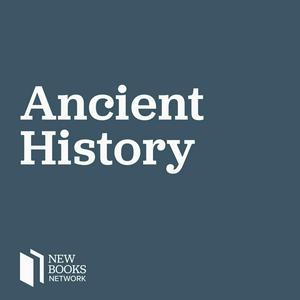Oswyn Murray, "The Muse of History: The Ancient Greeks from the Enlightenment to the Present" (Harvard UP, 2024)
The study of ancient Greece has been central to Western conceptions of history since the Renaissance. The Muse of History: The Ancient Greeks from the Enlightenment to the Present (Harvard UP, 2024) traces the shifting patterns of this preoccupation in the last three centuries, in which successive generations have reinterpreted the Greeks in the light of their contemporary worlds. Thus, in the eighteenth century, the conflict between Athens and Sparta became a touchstone in the development of republicanism, and in the nineteenth, Athens came to represent the democratic ideal. Amid the ideological conflicts of the twentieth century, the Greeks were imagined in an age of suffering, inspiring defenses against nationalism, Nazism, communism, and capitalism.
Oswyn Murray draws powerful conclusions from this historiography, using the ever-changing narrative of ancient Greece to illuminate grand theories of human society. Analyzing the influence of historians and philosophers including Hegel, Burckhardt, Nietzsche, and Braudel, Murray also considers how coming generations might perceive the Greeks. Along the way, The Muse of History offers rare behind-the-scenes glimpses of figures who shaped the study of ancient Greece, some devotedly cited to this day and others forgotten. We sit in on a class with Arnaldo Momigliano; meet Moses Finley after his arrival in England; eavesdrop on Paul Veyne, Jean-Pierre Vernant, and Pierre Vidal-Naquet; and rediscover Michel Foucault.
A thrilling work that rewrites established scholarly traditions and locates important ideas in unexpected places, The Muse of History reminds us that the meaning of the past is always made in and for the present.
Learn more about your ad choices. Visit megaphone.fm/adchoices


